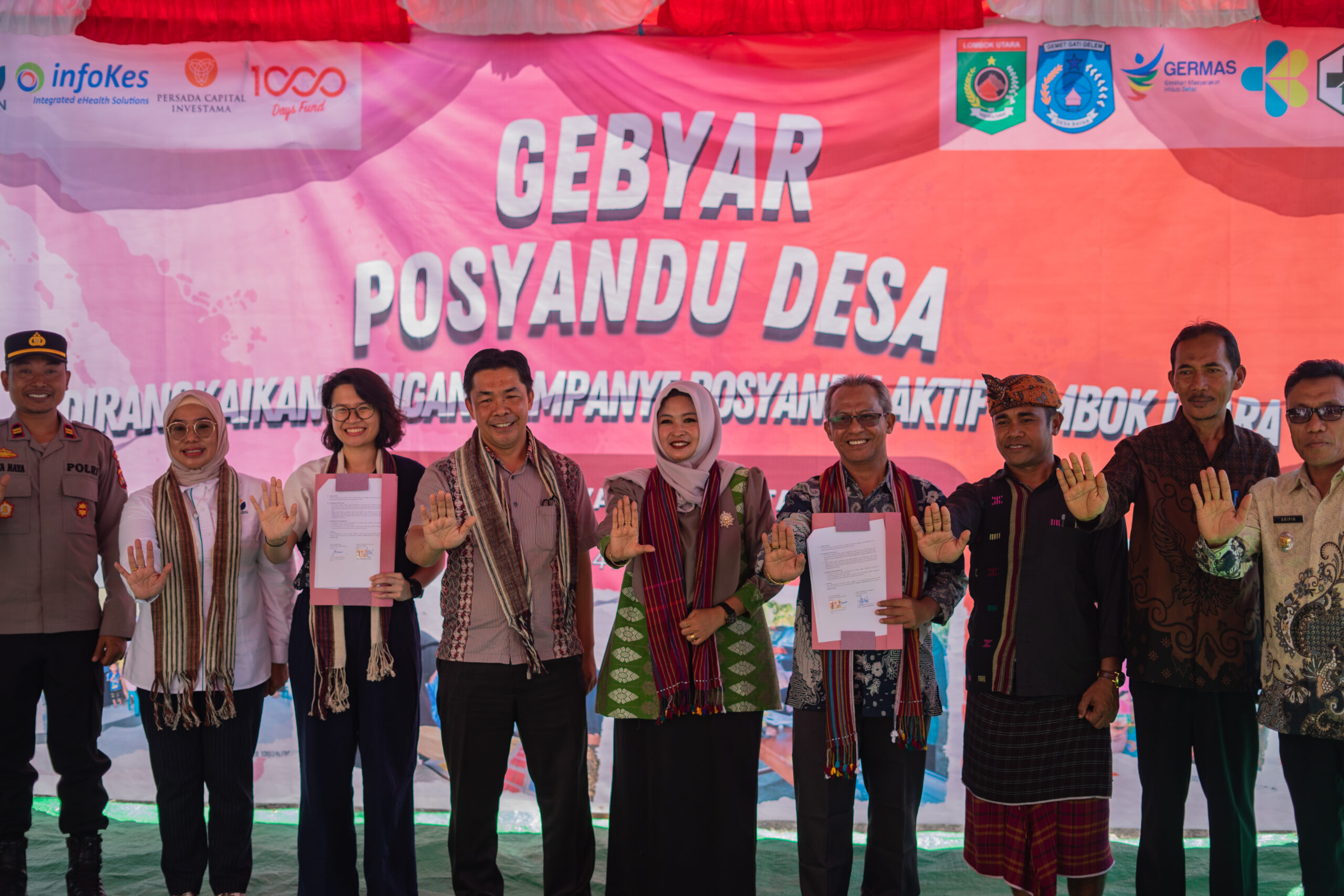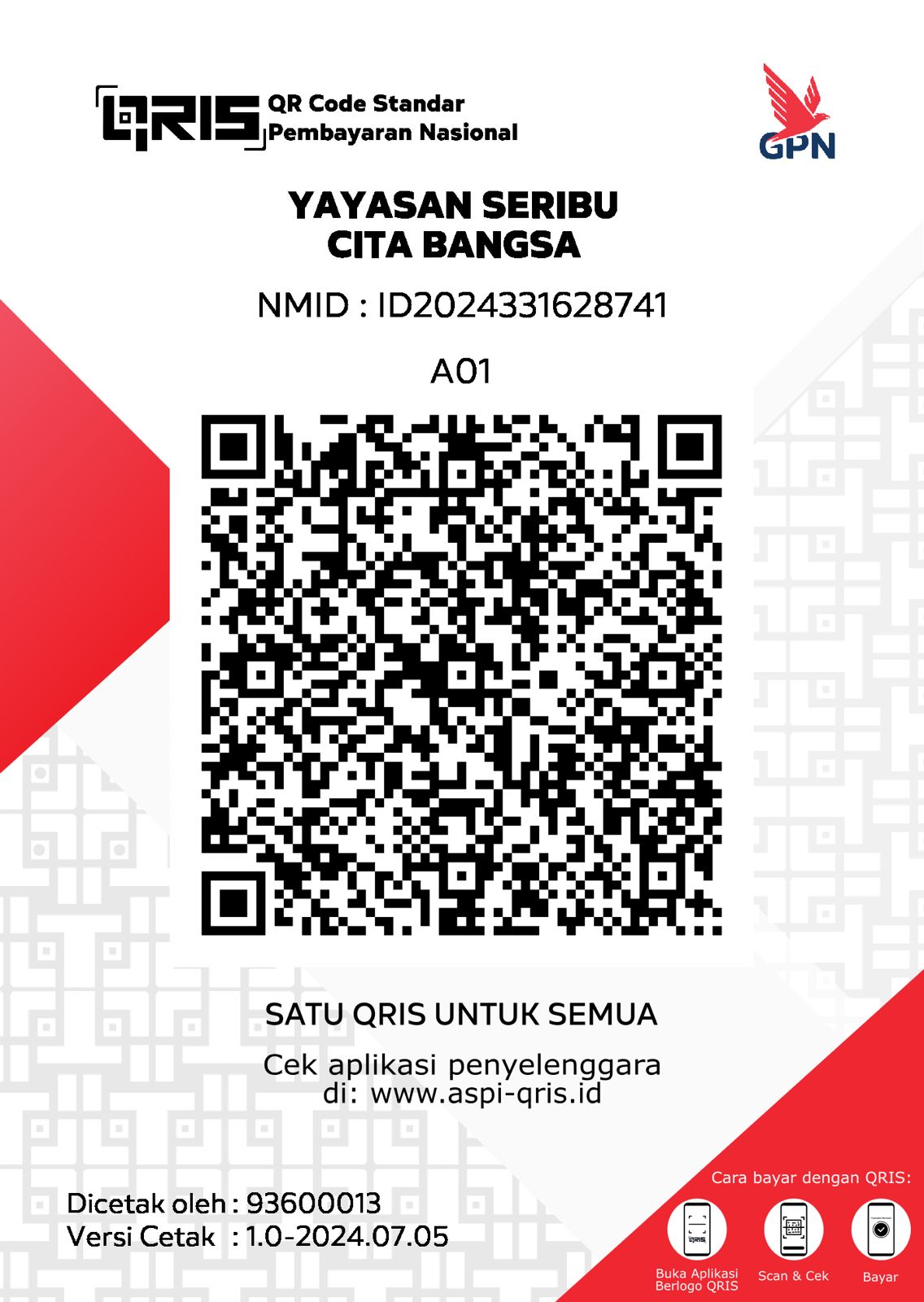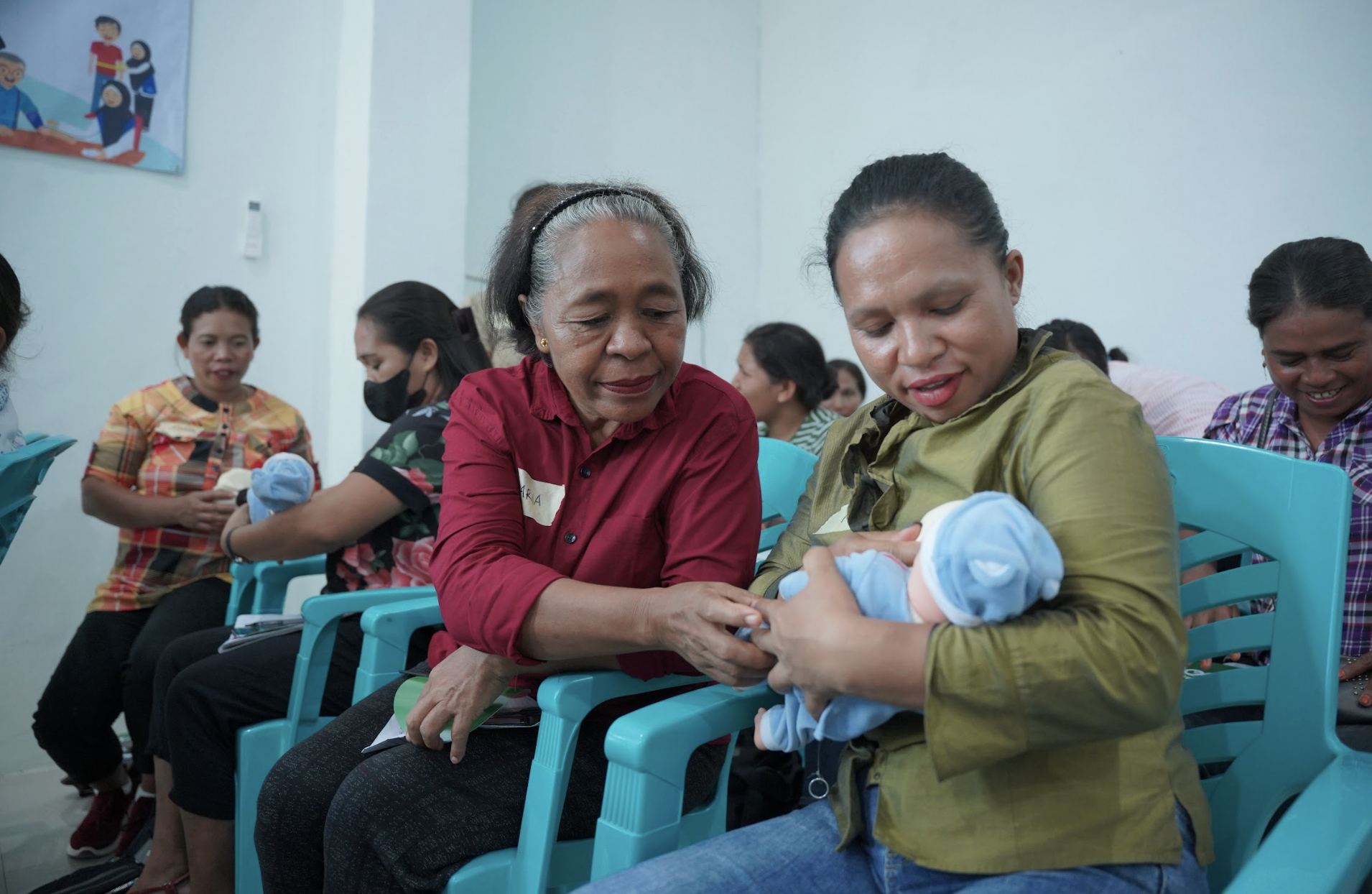NEWS
Sympathy vs. Empathy in stunting prevention : A personal perspective
- Feb 15, 2022
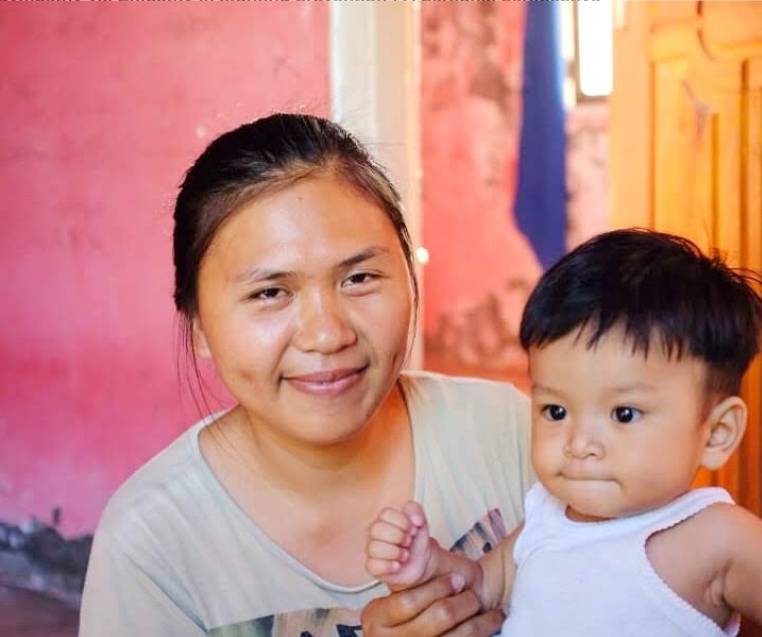
When I first applied for a position with the 1000 Days Fund, I, along with other applicants, were asked to complete a writing exercise as a part of the recruitment process. I suppose this was a way to get us into the right headspace and to evoke feelings for other people (at least this is what I believe the task was intended for, not sure whether this is correct). The writing exercise was around empathy, stunting as a complicated and complex issue, and how to communicate with someone who may be stunted or have relatives who are stunting.
As someone with limited experience in public health and barely any theoretical knowledge on empathy, moral and ethics, I have to work extra hard to come up with an impressive answer. Alas, here I am, a novice on development and humanitarian interventions, a curious learner with thousands of questions, with a keen interest to make the world a more equal place for all, especially for marginalised and disadvantaged communities. For the sake of honesty, I myself am a part of a marginalised and disadvantaged community, however a million things have worked out for me to get me to where I am at this stage in my life. I’m not stating this disclaimer to boast, but to provide a personal context to where I am coming from – a place of privilege where many people from my own community are not able to get to.
Now that the stage is (somewhat) set for my amateur writing, copied below is an excerpt from my writing on applied empathy. It is not my intention to bore you to death with this piece, so I decided to include only one section of the exercise.
Sympathy vs. Empathy
In short, I believe sympathy is the ability to understand other people’s experiences and feelings through one’s own values and point of view, while empathy goes beyond using one’s perspectives. It follows that empathy is understanding another person’s values, perspectives, and experiences by putting oneself in the other person’s shoes.
Empathy is sharing, recognising, acknowledging, being sensitive about other people’s experiences and situations, and being able to assure them that their perspectives and experiences are valid. To be able to do this, we need to put aside all biases, prejudice, and assumptions and remain open minded. It means taking the time to actively listen and be ready to open up to people who may want you to also share your perspectives – while always keeping in mind it is about them, not you. Try listening to expand your mind and perspectives, to understand other people’s truth.
Sympathy includes, if I use my values and perspectives upon the other person by judging them, and unlike empathy, listening to give advice (solicited or not) and try to fix things for other people without caring and respecting their point of views. Sympathy is not wrong, it is how we evolved in life, after all the only person who really knows how to handle issues, solve problems, come up with a solution for you, is yourself. Our personal values, perspectives, and experiences are all that we’ve had all throughout our lives.
On the other hand, empathy is not trying to solve the other person’s issues using your way, it is about using the other person’s values and experiences to understand their situation. We must reflect on what the other person is experiencing, free of our own judgement, show that we understand their situation, communicating it to them, which will in turn empower them.
The underlying idea is that everyone’s values, experiences, perspectives, and their entire existence is valid. That we all are equal. By being empathetic, we support them and lift them up and empower them to solve issues they are facing.
While there is some debate out there on the role of empathy in ‘humanitarian’ intervention, I do believe empathy must be applied when planning, communicating, and delivering interventions. Working with people who are not internet literate or in areas where internet reception is lacking, intervention programs need to tap into each community and its established norms as opposed to bringing in iOs or Android applications. In cases such as these, empathy would allow us to work alongside the community to design tools that actually work for them.
Furthermore, empathy allows you to build an honest and open relationship with communities you work with, and this is absolutely crucial. When you are working in the field, it is not fair to reprimand cader for not have confidence in spreading facts and information on stunting, or to blame pregnant mothers for not knowing about stunting as we have never been in their shoes, instead, it should be emphasized that what is important is now and that as a mom she must make use of all health tools and facilities available to her to ensure the child have the most optimal growth opportunity.
Phew, that was tough to write and re-read, a lot of looking inside and being honest to oneself (which is not always fun). I do hope by baring a meager part of my soul, this meandering writing can evoke your empathy and push you to empower people surround you, or at the least to open your coffers and donate so we can continue our work #shamelessplug #pluglife #NOTpuglife.
RECENT POSTS
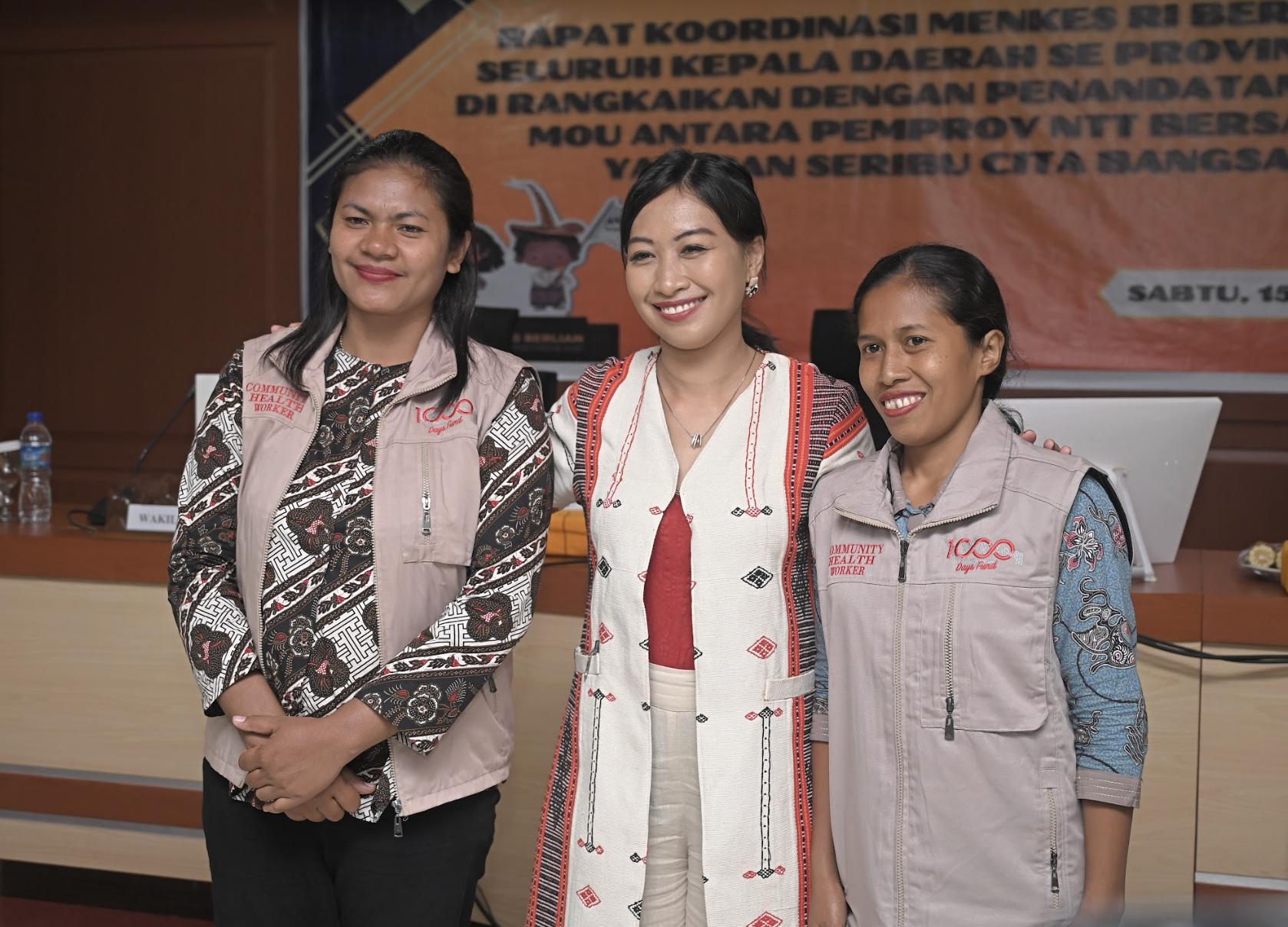
Scaling What Works: How Community Health Workers Moved the Needle on Stunting in Eastern Indonesia
09/12/2025
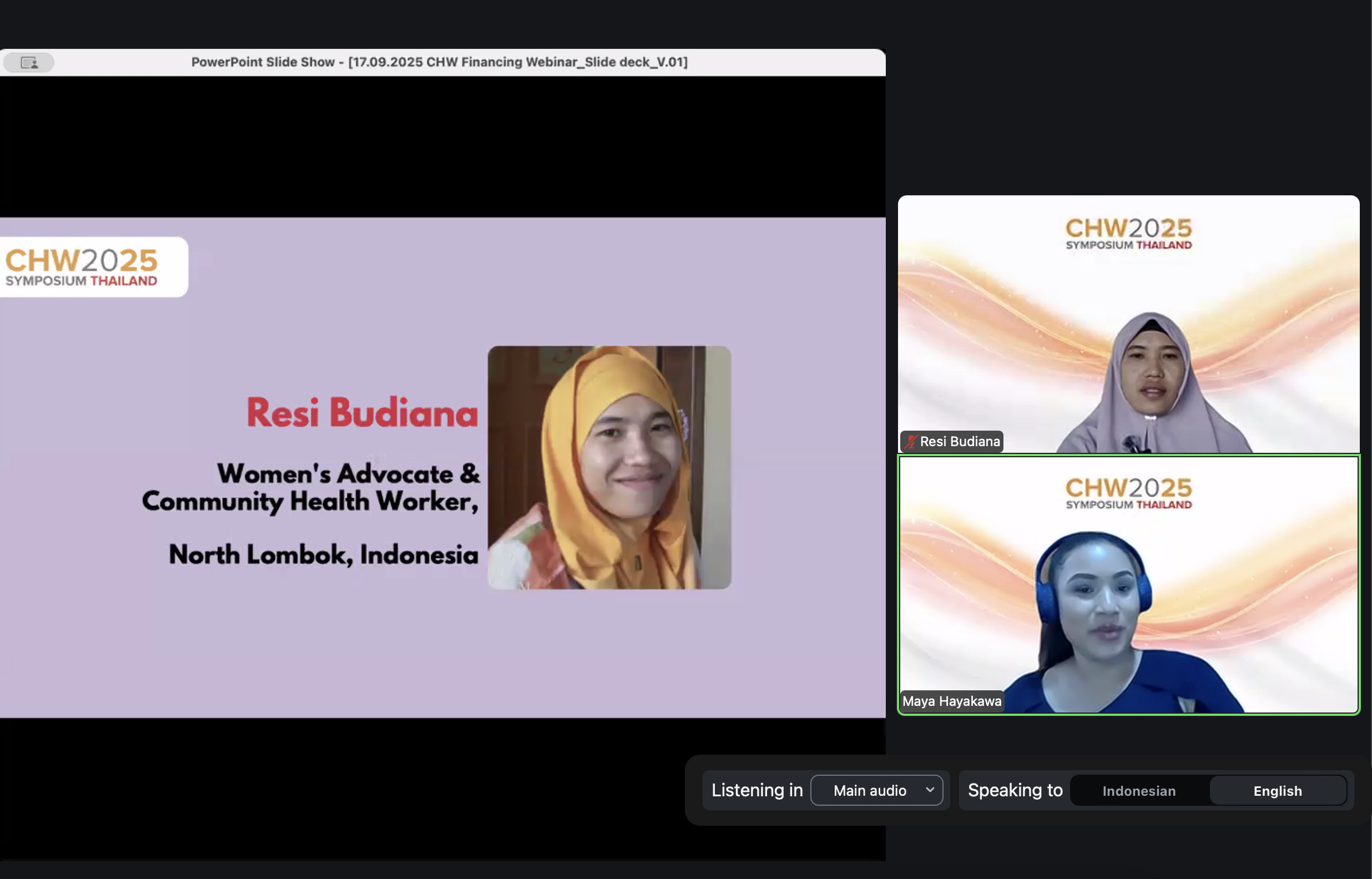
Resi Budiana Represents Indonesia at Global Community Health Worker Forum, Advocates for Standardized Training and Fair Incentives for CHWs
19/09/2025
